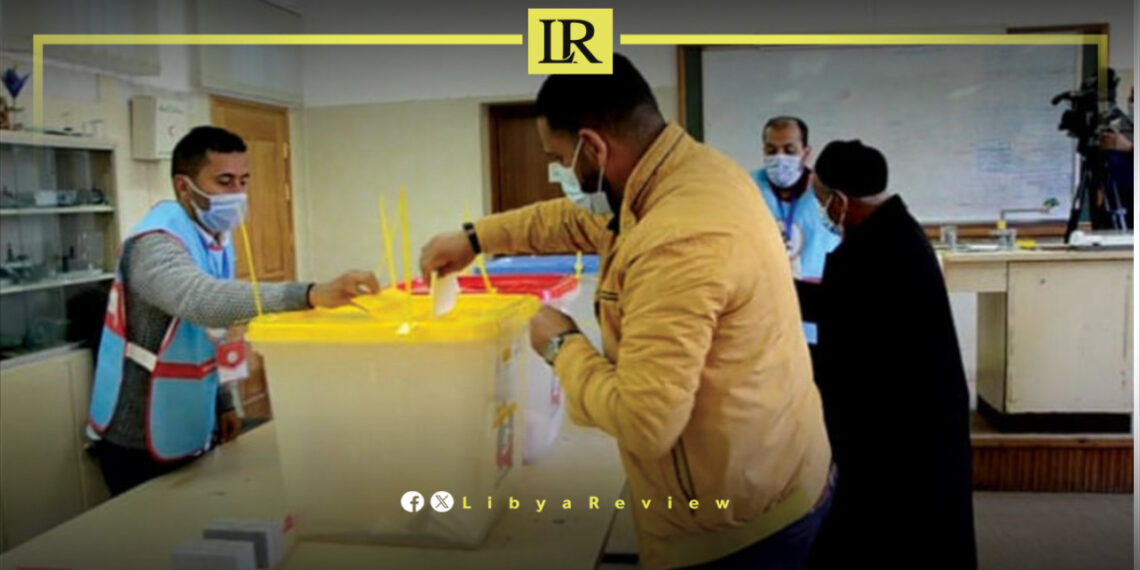The Libyan High National Elections Commission (HNEC) announced today, Sunday, the final statistics for the distribution of voter cards for the upcoming municipal elections.
According to HNEC, a total of 188,868 voter cards have been distributed, representing 90% of eligible voters.
The data revealed that 132,368 male voters received their cards, accounting for 89% of registered male voters. Meanwhile, 56,500 female voters collected their cards, which is 92% of the registered female electorate.
Libya has been in chaos since a NATO-backed uprising toppled longtime leader Muammar Gaddafi in 2011. The county has for years been split between rival administrations.
Libya’s economy, heavily reliant on oil, has suffered due to the ongoing conflict. The instability has led to fluctuations in oil production and prices, impacting the global oil market and Libya’s economy.
The conflict has led to a significant humanitarian crisis in Libya, with thousands of people killed, and many more displaced. Migrants and refugees using Libya as a transit point to Europe have also faced dire conditions.
The planned elections for December 2021 were delayed due to disagreements over election laws and the eligibility of certain candidates. This delay has raised concerns about the feasibility of a peaceful political transition.
Despite the ceasefire, security remains a significant concern with sporadic fighting and the presence of mercenaries and foreign fighters. The unification of the military and the removal of foreign forces are crucial challenges.


